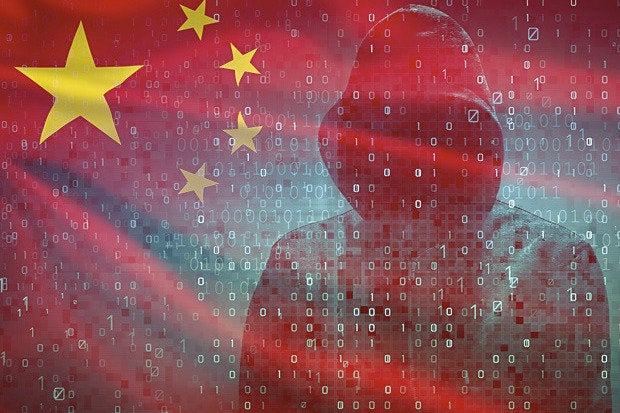

It goes even further than Russia or the former Soviet Union would go via the illegal resident program so thoroughly exposed in the Mitrokhin Archive. If true, this would be the outsourcing of intelligence in the field. The author also demonstrates that the PRC uses what are essentially private intelligence mercenaries. Unsurprisingly, PRC intelligence appeals to the Chinese diaspora globally, harnessing classic ethnonationalism and greed to get what it wants. The rest are related in some way to intellectual property theft.Įftimiades goes further by exploring PRC intelligence tradecraft. Topic-wise, dual-use and military technology make up around 40% of the targets. military, while at the same time enabling Chinese censorship.Įftimiades’ research shows that there is a near equal distribution of identified espionage cases between the “four clusters” of PRC espionage: MSS (16%), state-owned enterprises (20%), the PLA (19%), and private corporations (23%). businesses such as Google not wanting to assist the U.S. In the PRC, Eftimiades shows, clandestine state power is made available to businesses for use against private companies and individuals.Ĭompare this to the well-documented cases of U.S. government does make specific network security safeguards a condition of working on a sensitive project, but it does not act as an operational arm of those businesses’ bottom line. The United States and many other advanced republics do not protect private networks, nor do they make intelligence assets available to private corporations.

One can see why, because any sensitive or proprietary information collected by the state would also be made available to other industries. But Eftimiades shares more alarming revelations.įor example, the author makes a compelling case that ostensibly private industry in China – not just state-owned enterprises – can task PRC intelligence to collect foreign trade secrets, to advance both the company’s bottom line and the greater economic glory of China. We should all intuitively expect well-known organizations such as the PRC Ministry of State Security (MSS), Central Military Commission Joint Staff Intelligence Bureau, and United Front Work Department engage in espionage. Department of Justice filings, asset control briefs, import/export applications, and foreign government information, Eftimiades presents a compelling narrative of just how pervasive PRC intelligence is, what are its global goals, and how it has already co-opted private industry to advance its agenda. Eftimiades is trying to sound an alarm, not win a Man Booker Prize.Īnalyzing 595 cases over a 10-year period, and using disparate data including U.S. It is only 56 pages, but that is more than enough.
CHINESE ESPIONAGE OPERATIONS AND TACTICS PROFESSIONAL
business professional and member of Congress should read – as should any person concerned about free markets and fair competition. The author does yeoman’s work and offers the free world an important service by painstakingly combing through publicly available information on how the PRC operates its vast foreign intelligence apparatus. My experiences prompted me to read Chinese Espionage: Operations and Tactics by the pioneering Nicholas Eftimiades.

Sometimes it is for an “anonymous firm” that “values its privacy.” Most recently, it was a commission for a “private assessment” of a potential China-Taiwan conflict. Like many other national security professionals on LinkedIn, I receive weekly requests from self-identified independent consultants asking me to write on this or that topic. Lee moved on to asking me to write an “anonymous article” or conduct a “phone interview” with his associate, who would then write the article for me. Still, I could not agree to his timeline because of my obligations as a former national security official to get a prepublication review.Īfter obliquely implying that he could offer me more money if I skipped security review, Mr. I responded that I would write an article for his journal. He stressed that he needed the article very soon. The purported website of this “emerging journal” did not look like it had been updated in ages. I reached out to several friends in my field. As a longtime Asia hand, and a former intelligence officer with a decade of being professionally paranoid, this made me suspicious. views of potential conflict on the Korean Peninsula. Lee offered me more than the standard commission to write for his “emerging academic journal of Asian studies” about U.S. I was not then the established columnist and think tank contributor that I am now.ĭr. I had just left government service as the special advisor for North Korea and senior advisor for Korea policy in the U.S. Last year, I received an unsolicited request on LinkedIn from a man I will call Dr.


 0 kommentar(er)
0 kommentar(er)
